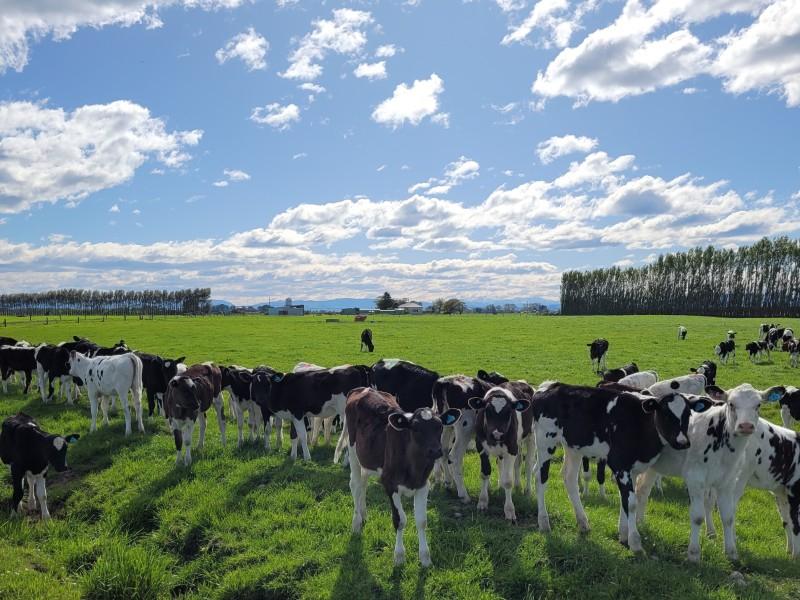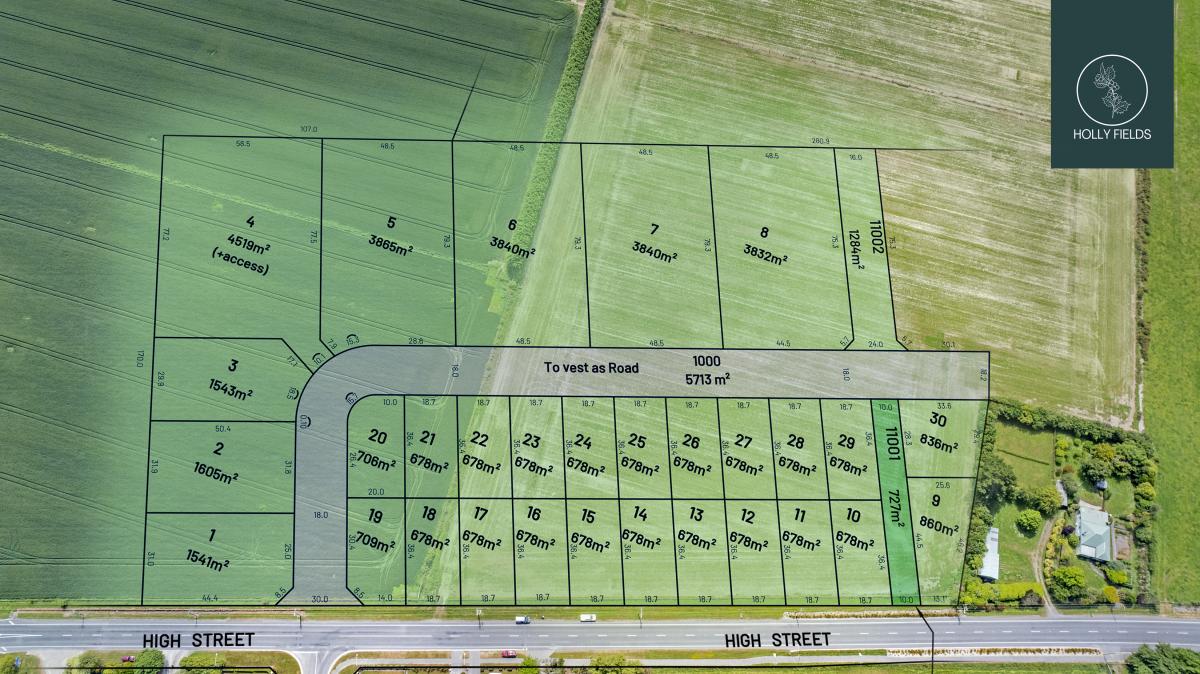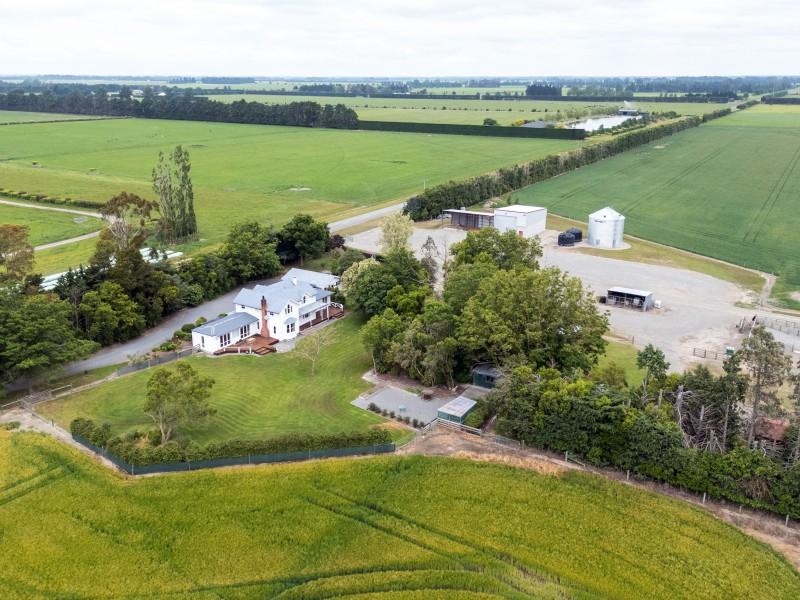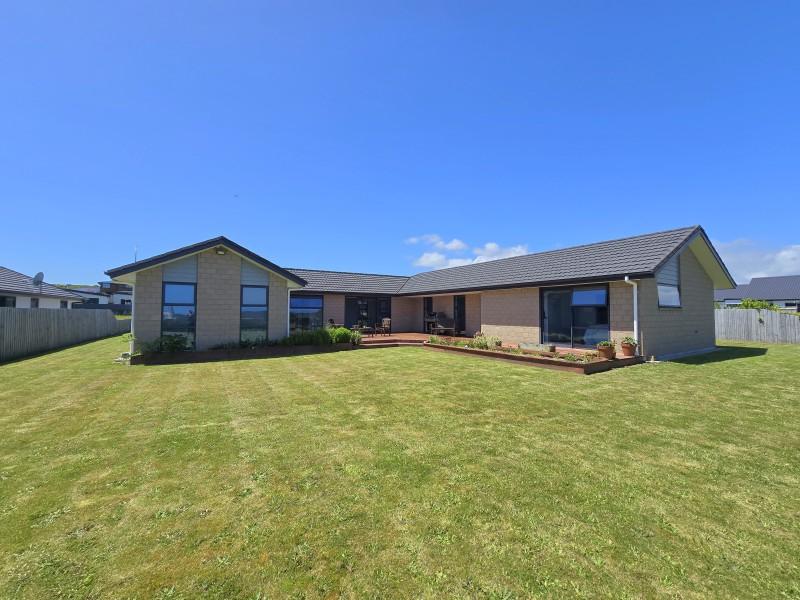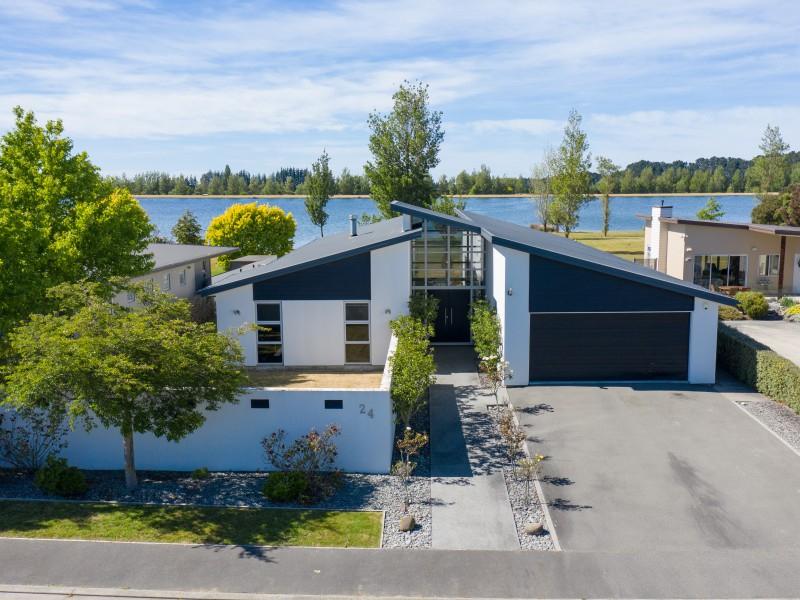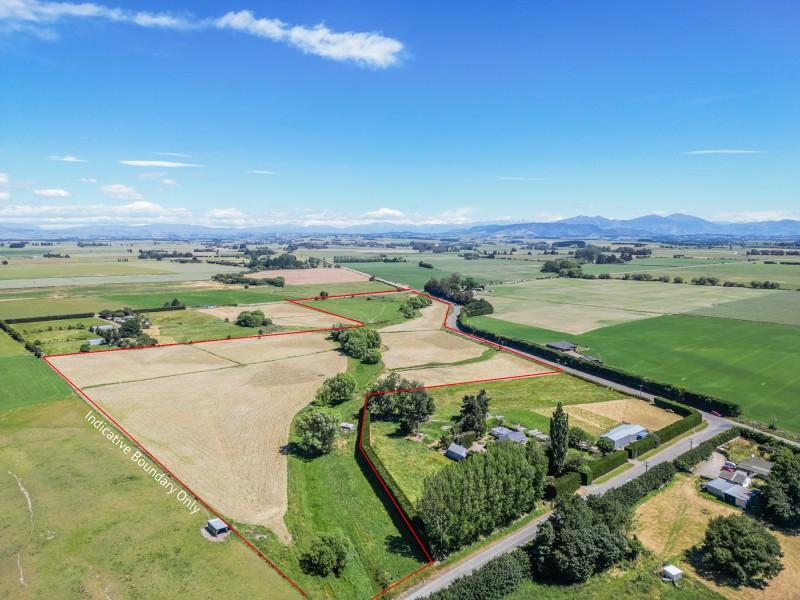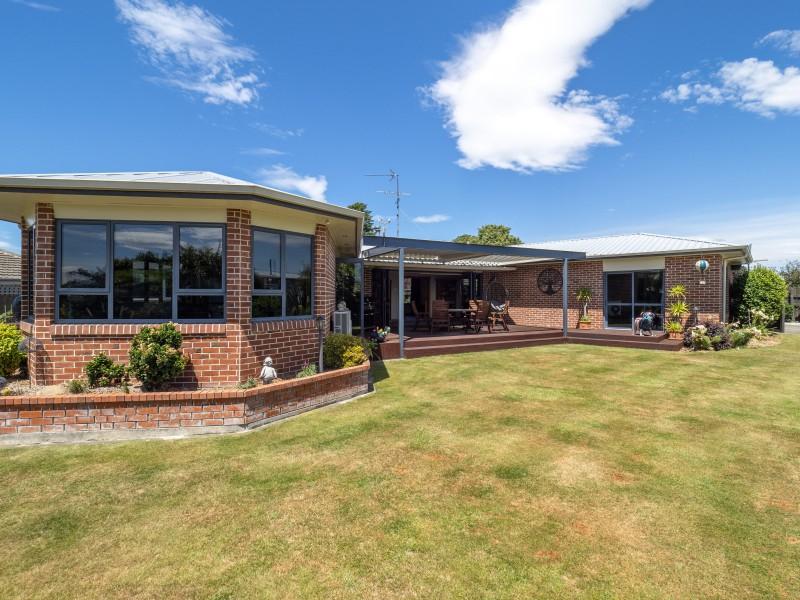Rates capping digs ‘bigger borrowing hole’ – mayor
By local democracy reporter Jonathan Leask:
Ashburton mayor Neil Brown says rates capping isn’t the answer for the district after hearing cautionary tales from Australian councils.
The Government is exploring the option of rates capping to balance the long-term interests of ratepayers with the financial sustainability of councils.
It was discussed at the Local Government New Zealand (LGNZ) meeting in Wellington last month, which included a presentation on how rates capping worked in New South Wales and Victoria.
Brown said rising costs demand smarter solutions, but after hearing cautionary tales from Australian councils, rates capping would harm essential services and increase council debt.
The examples highlighted that if inflation was higher than the capped rate increases, then councils couldn’t deliver all its services, he said.
“They either had to cut services or borrow money, or both.
“They were just getting into a bigger borrowing hole.”
LGNZ president Sam Broughton said a rates cap would ultimately limit council investment.
He said there was a lot to learn from the Australian experiences of the immense challenges that came with rate capping.
Local Government NSW president, councillor Darriea Turley, urged caution around moves to introduce rate capping (or rate pegging).
“Local government’s capacity to fund existing levels of services and infrastructure is under increasing stress.
"There is a wealth of evidence that NSW councils and their communities have been damaged by rate pegging.
“In NSW, it has severely hampered councils’ ability to fund current, let alone future, levels of service.”
Broughton wants the Government to keep an open mind about rates capping, and to explore other alternatives that could achieve the same result.
“Ratepayers need to have confidence in council decisions and to trust that we’re focusing on delivering the infrastructure and services that communities expect.
“That’s why we are also looking into the approach taken by South Australia, who elected to improve their rates transparency instead of rates capping.”
In Ashburton, Brown said there will be some robust budget discussion in the new year with a forecast 10.1% rates increase next year, following an 11.8% increase this year.
The rate increase shouldn't be increasing as "no new projects are coming in because we have only just signed off the long-term plan six months ago.”
The increase is to cover three waters and roading work, and increasing costs to insurance and servicing debt.
The declining interest rate levels could have a big benefit.
“A 1% drop in interest rates is about a 2% rate decrease,” he said.
When announcing the plans to explore rate capping in August, Local Government Minister Simeon Brown said council rates increased by around 15% on average this year, which is more than four times the rate of inflation.
"This is unacceptable and councils must ensure they are doing everything they can to reduce pressure on ratepayers.
“Ratepayers expect local government to focus on delivering the basics, picking up rubbish, fixing water infrastructure, and filling in potholes. We have done our part, and Kiwis expect councils to do theirs," he said in a statement.

Worst Xmas ever?
There's a a lot of planning that goes into Christmas day and sometimes things just don't go to plan. But it can be a good thing - a family mishap or hilarious memory that you can laugh about in Christmases to come.
Whether you burnt the dinner or were stranded at an airport...
Share your Christmas mishaps below!

⚠️ DOGS DIE IN HOT CARS. If you love them, don't leave them. ⚠️
It's a message we share time and time again, and this year, we're calling on you to help us spread that message further.
Did you know that calls to SPCA about dogs left inside hot cars made up a whopping 11% of all welfare calls last summer? This is a completely preventable issue, and one which is causing hundreds of dogs (often loved pets) to suffer.
Here are some quick facts to share with the dog owners in your life:
👉 The temperature inside a car can heat to over 50°C in less than 15 minutes.
👉 Parking in the shade and cracking windows does little to help on a warm day. Dogs rely on panting to keep cool, which they can't do in a hot car.
👉 This puts dogs at a high risk of heatstroke - a serious condition for dogs, with a mortality rate between 39%-50%.
👉 It is an offence under the Animal Welfare Act to leave a dog in a hot vehicle if they are showing signs of heat stress. You can be fined, and prosecuted.
SPCA has created downloadable resources to help you spread the message even further. Posters, a flyer, and a social media tile can be downloaded from our website here: www.spca.nz...
We encourage you to use these - and ask your local businesses to display the posters if they can. Flyers can be kept in your car and handed out as needed.
This is a community problem, and one we cannot solve alone. Help us to prevent more tragedies this summer by sharing this post.
On behalf of the animals - thank you ❤️

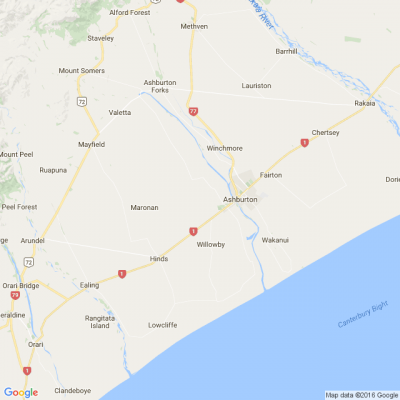
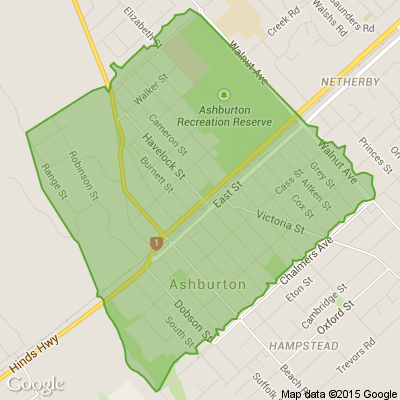





 Loading…
Loading…